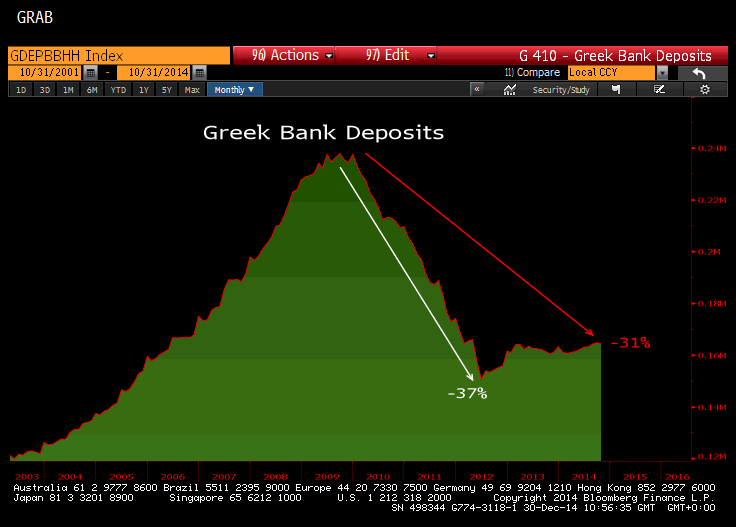3 Ways You Can Double Your Money
Post on: 2 Апрель, 2015 No Comment

Want to Double Your Money? Here are Three Tactics.
Please refer to our privacy policy for contact information.
Interested in doubling your money? Of course you are. We all are.
But while it might sound like a too-good-to-be-true gimmick, there are legitimate ways that you can double your money without taking any unnecessary risks, winning the lottery, or striking gold. Here are three ways that you can double your money.
1. Spend less than you earn.
The amount that is left over is your savings.
Save three months’ worth of your cost of living into an emergency fund. After that, start investing the rest of your savings.
You can either invest it in tax-advantaged retirement accounts, such as a 401(k) or IRA, or you can invest your money in taxable brokerage accounts. If you buy passively-managed index funds (a fund that mimics a general index, such as the S&P 500 ), your investment will perform as well as the overall economy does.
From 1990 through 2010, the S&P 500 returned 9% per year over a long-term annualized average. That means that in any given year, stocks may have risen or fallen, but that over that 20-year timespan, if you stayed invested throughout and you reinvested all of your gains automatically, you would have earned, on average, roughly 9% a year.
Don’t forget, 1990 through 2010 is a timespan that includes two massive recessions. In other words, I haven’t cherry-picked strong years in order to create that 9% return.
How does this 9% return relate to doubling your money? Well, the Rule of 72 is a shortcut that helps you figure out how long it will take your investments to double. If you divide your expected annual rate of return into 72, you can find out how many years it will take you to double your money.
Let’s say, for example, that you expect to get returns of 9% a year. Divide 9 into 72 and you discover the number of years it takes you to double your money, which is eight years.
By spending less than you earn, investing those savings into an index fund that tracks the S&P 500, and reinvesting your gains, you can double your money roughly every eight years, assuming the stock market performs as it did during the 1990 through 2010 historic timespan.
Doubling your money every eight years sounds great, doesn’t it?
2. Invest in bonds.
Your mix of stocks and bonds should reflect your age, goals, and risk tolerance. If you don’t fit the profile of somebody who should be heavily invested in equities, such as S&P 500 index funds, you can look to bonds to double your money.
If your bonds return 5% on average every year, then, according to the Rule of 72, you will be able to double your money every 14.4 years.
That might sound disheartening after you’ve just heard about investors who can double their money in eight years but remember, investing is a little bit like driving on a highway. Both fast drivers and slow drivers will ultimately reach their destination. The only difference is the amount of risk that they take on in order to do it.
By obeying the speed limit, you put yourself in a position in which you are likely to arrive at your final destination in one piece. By stomping on the accelerator, investors are able to either reach their final destination faster. or crash and burn.

It’s true that driving is always risky, just as investing is always risky. But certain investments expose you to higher levels of risk than others, just as disobeying the speed limit exposes you to greater risk than obeying the speed limit.
The bottom line: You can double your money by investing in bonds. It’s likely to take longer, but you’ll also decrease your risk.
3. Take advantage of your employer match.
If your employer matches the contributions into your 401(k), you have the easiest, most risk-free method of doubling your money available at your disposal. You will get an automatic increase on every dollar that you put in up to your employer match.
Let’s say, for example, that your employer matches 50 cents for every dollar that you put in up to the first 5%. You are getting a guaranteed 50% return on your contribution. That is the only guaranteed return in the world of investing.
If your employer doesn’t match your 401(k), don’t despair. Remember that you still get tax advantages by contributing to your retirement account. Even if your employer won’t match your contribution, the government will still subsidize a portion of it by giving you either a tax-deferral upfront or a tax-exemption down the road (depending on whether you use a Traditional or a Roth account respectively.)
Equity index funds, bonds, and taking advantage of retirement accounts are three great ways to double your money.
Just remember that all three of these tactics hinge upon creating and maintaining a strong budget.
Create a budget that guides where your dollars will go every month. This will help you spend less than you earn. Then you can invest the difference.
In other words, he foundation of a strong financial future begins with your budget.














